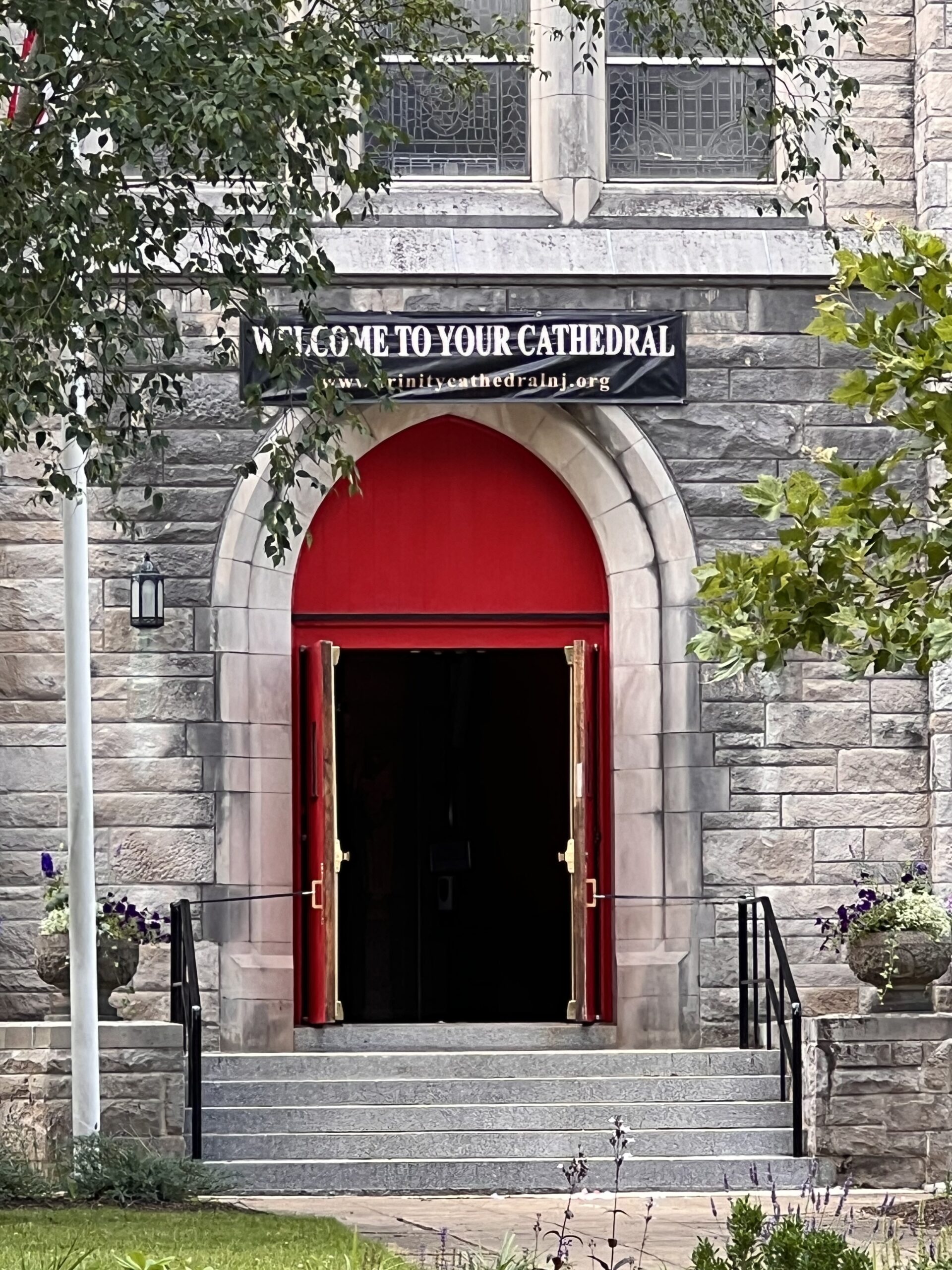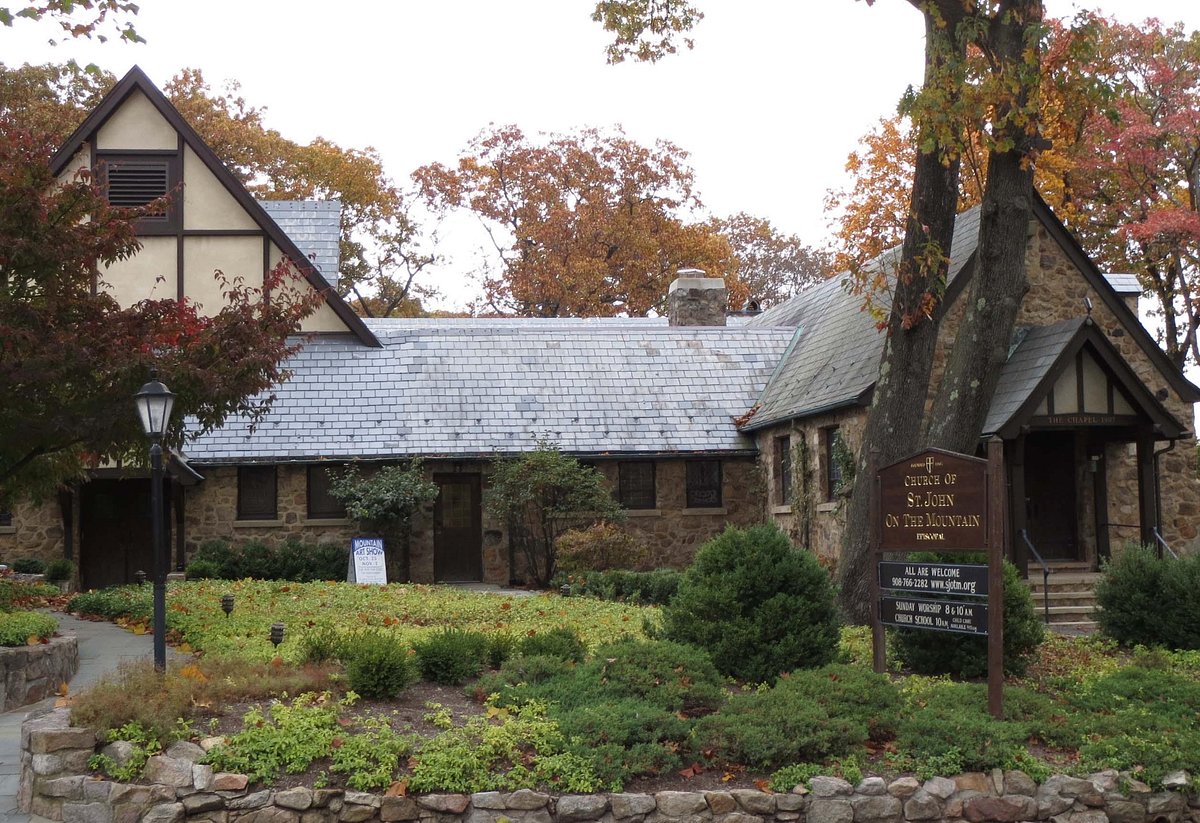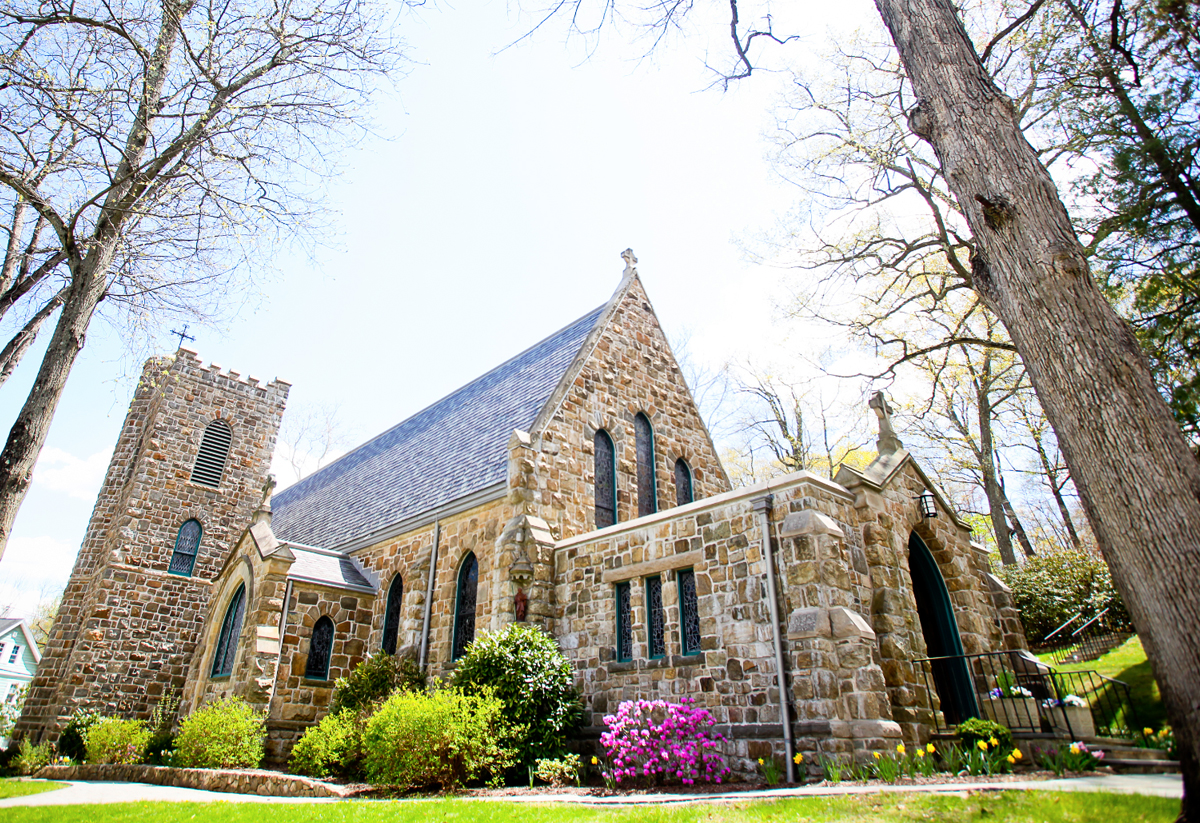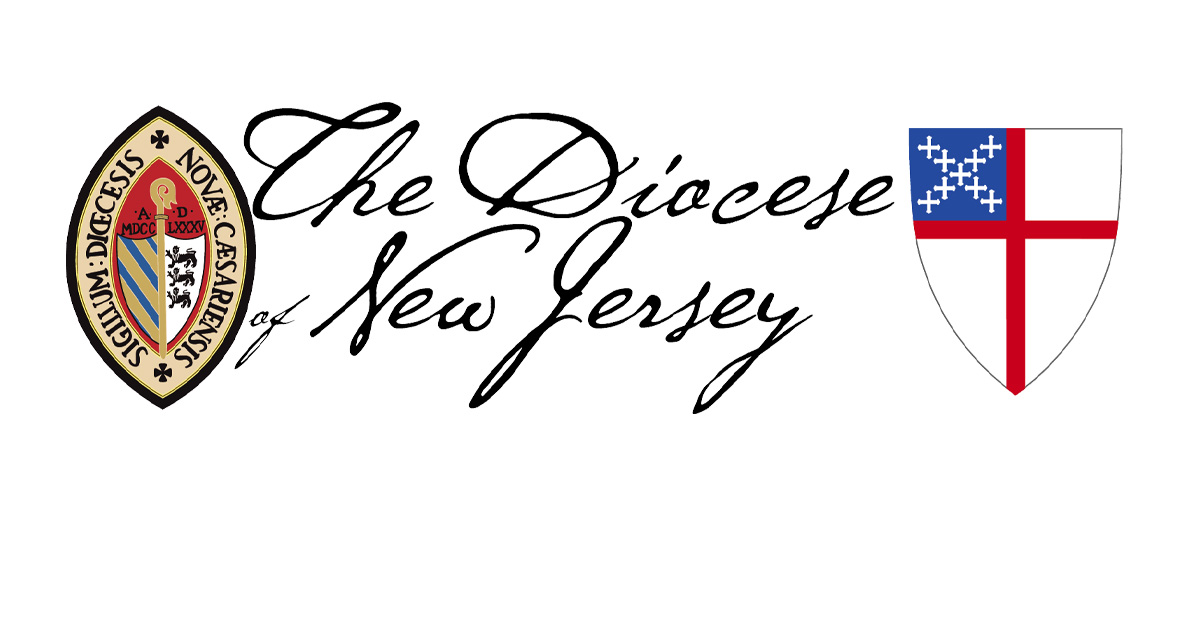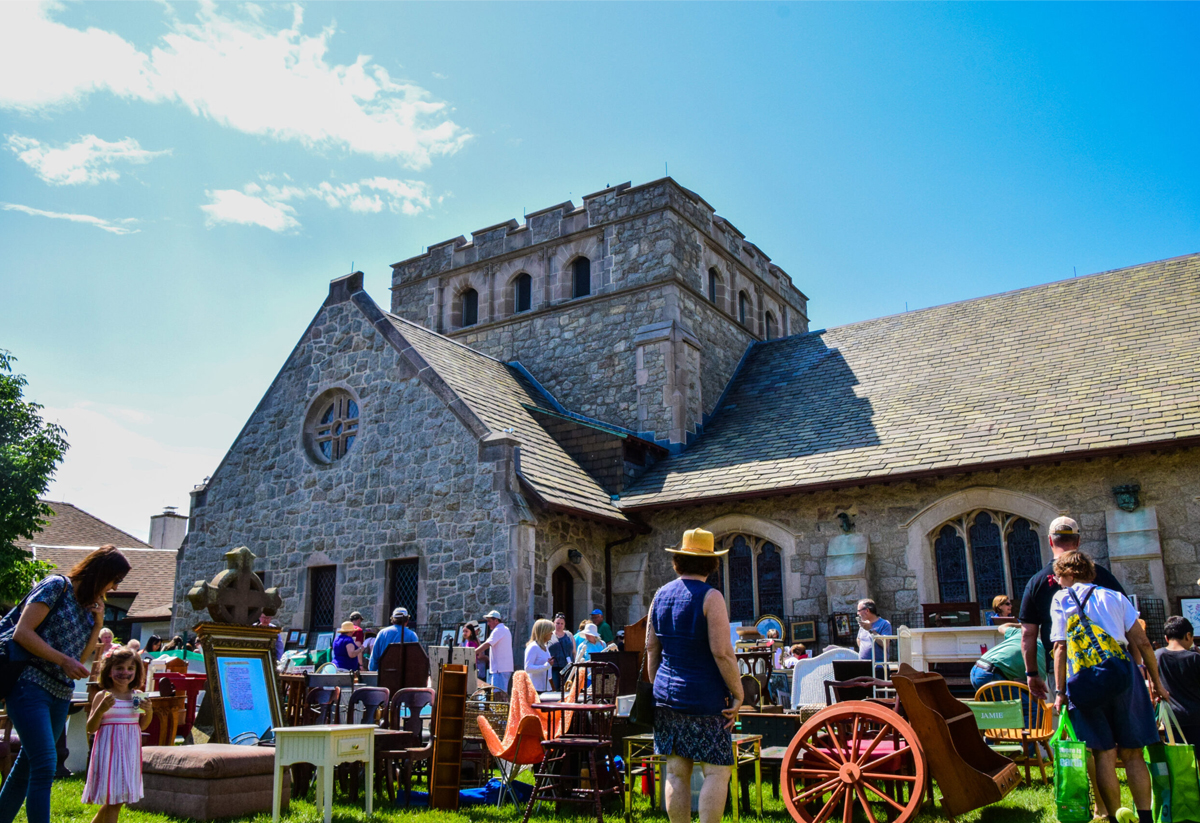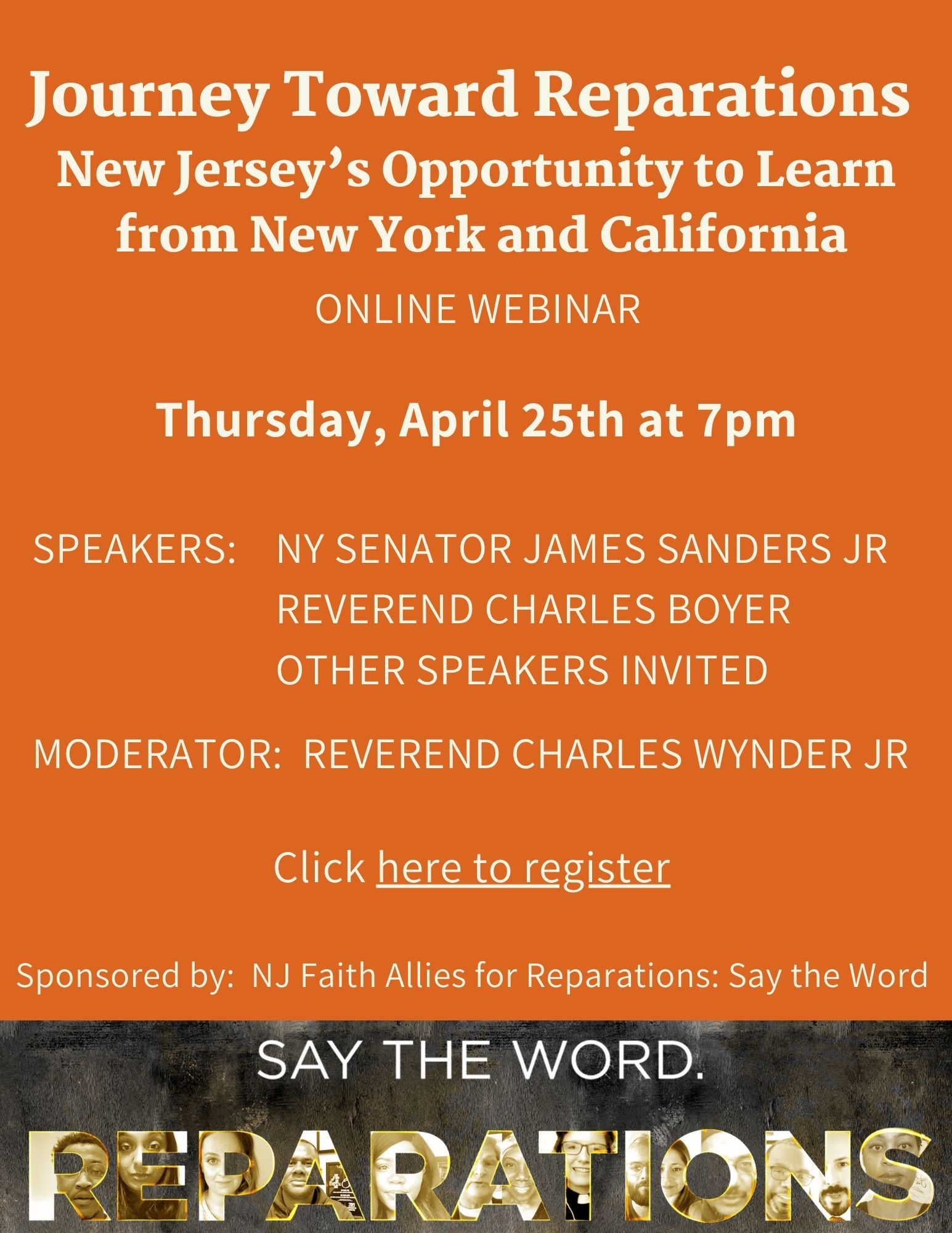The Bishop’s Address
The 221st Annual Convention
The Episcopal Church in the Diocese of New Jersey
March 4, 2005
Lord, in your mercy, make New Jersey new.
I am a baseball fan, but I must confess that I am not a fan of the New York Yankees. So, the American League Championship Series last fall was sweet, indeed. In an almost mythical triumph, the Boston Red Sox, who had not won a World Series in 86 years, came back from the brink of elimination to defeat their rivals and go on to become world champions. My favorite feature of the entire spectacle was the sign seen in Fenway Park in Boston that read, “Why Not Us?”
“Why not us?” This is not just about lovable but perennial losers in a game of sport. It’s a cry of the human heart. “Why not us?” arises in the lives of all sorts and conditions of people. Those who know loss and defeat. The down-and-out. The least and the lowest. The marginalized and the poor and the exploited. Those cast down and those kept out.
Lord, why not us?
“Lord, why not New Jersey?” Again and again this past year I have returned to the Collect for Ordinations (The Book of Common Prayer, page 515), which calls the Church “that wonderful and sacred mystery.” It goes on to ask that God “let the whole world see and know that things which were cast down are being raised up, and things which had grown old are being made new.”
Dear friends, our gracious God is raising us up and making us new. Jesus told us that the greatest commandment is to love God with all our heart and soul and mind, and our neighbor as our self. (Matthew 22: 37-40) We were made for relationships and mutual service in love. But the biggest obstacle to God’s work in our lives, in our Church, and in the world, is fear. No wonder, then, the most frequent commandment in the entire Bible, is, “Don’t be afraid.”
Listen to a portion of the lesson from the fourth chapter of the First Letter of John, in the contemporary translation known as The Message:
There is no room in love for fear. Well-formed love banishes fear. Since fear is crippling, a fearful life — fear of death, fear of judgment — is the one not yet fully formed in love. We, though, are going to love – love and be loved. First, we were loved, now we love. He loved us first. (I John 4: 18-19)
Fear cripples. Love heals. Fear paralyzes. Love energizes. Fear leads to grasping. Love leads to giving. Fear enslaves us to survival. Love liberates us to thrive and flourish. Fear makes us stingy and sour and cruel. Love makes us extravagant and joyous and kind. Fear locks us up. Love sets us free. Fear freezes. Love warms. In the midst of change, fear narrows our vision until we focus only on what we have to lose. Love, however, shows us how much we have to gain. Fear holds us back. Love leads us on.
The love of God is leading us on, but to where? My vision for our Diocese is that we are to develop congregations that develop disciples who celebrate and share the abundant life of Jesus Christ with joy, generosity and justice for New Jersey and the world.
The Lord said to Moses, “Let my people go.” Tonight I want to present three development challenges. Let my people know. Let my people grow. Let my people go.
Let my people know: our care of souls.
We are challenged to develop disciples of Jesus Christ in all of our congregations.
Why not us? The Good News is that God has answered the question, and the answer is a person: Jesus the Christ. Someone (John R. Gray, moderator of the Church of Scotland) once said that, at the heart of our faith is not a law to be obeyed, nor a teaching to be learned, but a person to be loved and followed. Let my people know that person, Jesus. Let my people know that God loved them first. Let my people know that they are beloved. If we develop the most amazing institutional structures and have money and programs and outreach and our people don’t know the love of Jesus, we have failed.
Our congregations should be centers of spiritual practices that help our people to know the Lord who loves each of us as though there were only one of us. Let us develop passionate disciples whose life is well grounded in the one foundation, Jesus Christ our Lord. We need powerful preaching. Creative worship. Glorious music. Inspired teaching. Courageous outreach. Warmth and welcome to all, with joyful and generous hearts.
Tonight we celebrate the ministry of Kep Short and the Youth Council of the Diocese, helping our young people to know the Lord Jesus. We can be heartened by the work of Elizabeth Geitz, Canon for Ministry Development and the Commission on Ministry to establish a Diocesan School for Ministry that will support and equip lay people for ministry in the Church and in the world. Still in the planning stages, this School will be the outward and visible expression of my and the Commission on Ministry’s desire to foster the ministry of all the baptized, and not only the ordained. We also welcome the New Jersey chapter of the Episcopal Church in the Visual Arts, led by Ruth Councell. And we affirm the newly appointed Committee on Drug and Alcohol Addiction and Recovery Ministries to help addicted persons to receive God’s healing love.
So far, so good. But what about justice? David Tracy, Professor at the Divinity School of the University of Chicago has pointed out “justice without love can become merely self-righteousness. It is also true that love without justice can become merely sentimental” (“God is Love: The Central Christian Metaphor”)
Developing passionate disciples of Christ includes the challenge to develop justice for those whose view of Jesus is obscured by sinful practices and attitudes in the Church.
People of color cry out, “Why Not Us?” when they experience the sin of racism in this Church and in our society. During the civil rights era in the 1960’s, I recall seeing a photograph of a protest at which black men carried signs that read, “I am a man.” We want to be a Church in which the dignity of every man, woman and child is respected. That is why we will commission our Anti-Racism Team and Commission at this Convention Eucharist. And that is why we will strengthen our training and vigilance to prevent the sexual abuse of children and the harassment or exploitation of any one.
Here I must tell you of my concern for gay and lesbian members of this Church. In the much-discussed Communiqué from the Primates Meeting last week on the Windsor Report on Communion, it is vitally important to note the following passage.
We also wish to make it quite clear that in our discussion and assessment of the moral appropriateness of specific human behaviors, we continue unreservedly to be committed to the pastoral support and care of homosexual people. The victimization or diminishment of human beings whose affections happen to be ordered towards people of the same sex is anathema to us. We assure homosexual people that they are children of God, loved and valued by him, and deserving of the best we can give of pastoral care and friendship. (Paragraph six of the Communiqué of 24 February 2005)
I respectfully acknowledge the Primates’ request that the Episcopal Church and the Anglican Church of Canada voluntarily withdraw their representatives from the Anglican Consultative Council for the next three years as a mark of the damage done to our bonds of affection by actions taken at our General Convention and by my own participation in the Consecration of the Bishop of New Hampshire. I share the regret that our House of Bishops expressed in January over the pain and anger that those events have caused many in the Anglican Communion. I hope that these years will be a season of restraint, during which the thinking behind those actions may be clearly articulated and our partners in the Communion will initiate the study and listening process called for in Resolution 1.10 of the 1998 Lambeth Conference and earlier conferences as well.
I have labored to maintain relationships with those within our Diocese who disagree with my actions and, in the case of two congregations, I have given permission for visiting bishops to administer Confirmation. I will not authorize any public liturgies for the blessing of same sex unions. I do, however, trust that our clergy will offer loving, wise and prayerful pastoral care to gays and lesbians living in permanent, faithful and stable partnerships. Further, I strongly endorse the establishment in this diocese of Oasis, a program that assists congregations to become more welcoming, safe and accepting communities for our gay and lesbian brothers and sisters to know Jesus and his love.
Let my people grow: our care for the churches.
We are challenged to develop congregations that thrive and flourish.
“Why not us?” could well be the cry of many, if not most, of our churches in New Jersey. Like most of the congregations in the Episcopal Church, most of our churches are small. Rising costs to maintain and insure aging physical plants and the cost of fair and equitable compensation for our clergy are proving to be too much for too many churches. Many churches are burdened with feelings of inadequacy and under-appreciation. Some have reduced the horizon of their mission and simply become chapels of ease for those who already belong.
Everything not busy being born is busy dying, sang Bob Dylan. Is your congregation busy being born into new patterns of discipleship and mission, or are you doing the same things in the same ways, but hoping for different results? Our brothers and sisters in
Twelve-step recovery programs will tell us that doing the same thing, over and over again, while expecting different results, is the definition of insanity. It is also a way of dying.
My sisters and brothers, we must renew our passion for mission and not just sit on our assets. I am concerned for those churches that are declining, but that don’t want to change, take risks or try something new. The worst failure in baseball is when a batter looks at a called third strike. We need to swing more often. We may strike out, but you never get a hit with the bat on your shoulder.
I am excited by much of what I see in our Diocese, but nothing thrills me as much as those churches that are seeking to rekindle and to redevelop their mission for the 21st century. Here I thank God for the ministry of Lee Powers, Canon to the Ordinary. In addition to his invaluable assistance in the administration of the diocese, Lee is giving strong and faithful leadership to the Board of Missions and helping clergy and churches to face the challenges of congregational development.
Tonight I want to lift up new cooperative ministries and new configurations for mission. St. Clement’s in Belford and St. Mary’s in Keyport have recently formed a cooperative ministry, adding to our three other regional ministries. St. Andrew’s, Trenton, recently closed, but is about to reopen as St. Peter’s Church, an Igbo congregation. And Christ Church, Trenton, opened their facility last fall to a cooperative venture with public schools. These are my heroes: risking something new; stretching; leaning forward.
If your church is struggling with these issues, may I invite you to engage in some Bible Study at your next Vestry meeting? Read the parable of the talents (Matthew 25:14-30) and reflect on our Lord’s warning to those who, in fear, bury his resources. There is no room in love for fear. In order to face the development challenge to grow congregations that flourish and thrive, we need more creative partnerships, new configurations, some consolidations, and realignment of resources for mission in the early twenty-first — not the late nineteenth — century.
I thank God for the renewal and redevelopment of Trinity Cathedral and I congratulate them and their new Dean, the Very Rev. Diane Nancekivell for their faithfulness. Here it can be said that things which had been cast down are being raised up and things which had grown old are being made new. Our Cathedral is a diocesan treasure and worthy of our increased support. They hosted over 60 diocesan gatherings last year. They are small, but fearlessly committed to upholding their place in and service to our Diocese.
I am convinced that all our people and churches will be supported through better communications within our Diocese. I am grateful that, in the proposed budget, provision is made for a full-time Director of Communications. We can learn so much about doing mission and developing churches and sharing resources, helping bear one another’s burdens and celebrate one another’s joys. “Why not us?”
In our care for congregations, I call upon this Diocese to give our very best prayers and energies to the recruitment of younger people for ordained ministry. Forty-nine percent of our parish clergy in the Episcopal Church are somewhere between the ages of 50-60. Nine percent of parish clergy are under age 40. Do the math. And let us pray.
Let my people go: our care for the world.
We are challenged to go forth in mission and to care, passionately, for the world.
Listen. Can you hear the voices of the world, saying, “What about us?”
When we pray, “Lord, in your mercy, make New Jersey new,” don’t be surprised if God answers that prayer by giving us someone to care for. Someone, probably, who is crying out, “Why not us?” Someone who needs to see Jesus’ compassion and justice in action.
Here, again, I draw attention the Communiqué from the Primates (paragraph 20). They spent one-half of their meeting last week addressing the suffering of the world. The Primates noted that three million people will die of AIDS, two million of tuberculosis, and one million of malaria this year. In addition, there is the ongoing fear and trauma of those living amidst the violence in Iraq, in other parts of the world, and the ongoing misery of those affected by the tsunami disaster. The Primates call upon us to support the achieving of the Millennium Development Goals of the United Nations, beginning with a commitment to reduce absolute poverty and hunger by one-half, by 2015.
I am proud of New Jersey, that, in our proposed budget, we have kept faith with our last Convention’s resolution to commit 0.7 percent of our income to those organizations working in the developing world to achieve the MDGs. Let us, who promise to respect the dignity of every human being, provide the basic elements that human beings need for a life of dignity: food, clean water, shelter, clothing and medical care. I urge each person in this hall and every church here represented to support global mission by giving 0.7 percent of your income to these efforts.
Speaking of 2015, we are now within ten years now of the 200th anniversary of the consecration of the first bishop of New Jersey, John Croes, Rector of Christ Church, New Brunswick. It is now time to pray and plan for what we believe our Lord wants us to accomplish in these next ten years together. We have some funds designated in the proposed budget for a visioning process, to take place in the coming year. I hope that we will engage in a process that is guided by the Holy Spirit, soaked in prayer, with the broadest possible participation, leading to the strongest possible consensus on our future. Why are we here? Where are we going? How are we going to get there? Let’s say our prayers, develop our mission, our vision and our goals. As Yogi Berra once said, “If you don’t know where you’re going, you’ll end up someplace else.”
Whatever we decide about mission, we must not walk away from our cities. We are a diocese of many cities, many of whose people live in poverty and violence. Here we are, right next door to Camden, one of the poorest and most dangerous cities in America. I affirm all our churches in Camden. I want to give special recognition to St. Paul’s Church, who will celebrate their 175th anniversary in June and to the Rev. Martin Gutwein, who has served as their rector for 25 years. What would it look like to make New Jersey new in Camden, Trenton, Elizabeth, New Brunswick, and Atlantic City and in all of those cities and towns that are facing urban challenges? How shall we walk with our brothers and sisters who are doing mission in such difficult and demanding circumstances, where so many people are so cast down? Why not the cities?
Why not El Salvador? I hope you will go to El Salvador, as I did last June. One can get on a flight out of Newark and, in the space of five hours, be among our companions in El Salvador, in the developing world. I welcome Padre David Alvarado to this Convention. I thank God for Bishop Barahona and I look forward to deepening our cooperation, with the help and direction of our Companion Relationship Committee.
Why not New Jersey? I thank God for the privilege of serving as your bishop in New Jersey. You are a wonderful and sacred mystery. Even on the hard days, when everything seems to be a mess, you are a mystery to be honored, not a problem to be treated. This a great diocese. I am so thankful for my partners in leadership and service. In addition to those already mentioned, I thank God for Wanda Greene, our CFO, Canon Tom Kerr, Ann Notte, Mary Ann Rhoads, and all of our associates. These are committed and faithful servants. Please thank them for all the ways that they support our Diocese.
This is not the easiest of times for our beloved Church. But God is good. All the time. Thomas A. Dorsey, the author and composer of the song, “Precious Lord, take my hand,” knew that. His greatest song emerged out of his greatest trial, when he lost both his wife and newborn son. In the midst of despair, he sat down at a piano and composed this song:
Precious Lord, take my hand, lead me on, let me stand.
Hear my cry, hear my call, Hold my hand, lest I fall.
Take my hand, precious Lord, lead me on.
May that powerful hand of our precious Lord, raise us up, lead us on, and make us new.
Why not us?
The Right Reverend George E. Councell
XI Bishop of New Jersey

